News
-
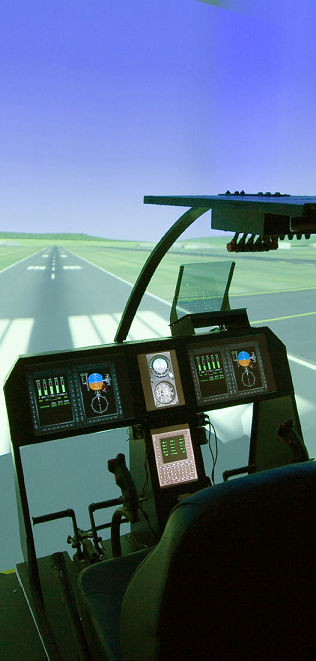 March 2020
March 2020Human behavior in the virtual reality tests
News postPAsCAL project: the role of simulators within research
Finally underway the behavioral analysis with simulators from two major Universities: Liverpool in the United Kingdom and Bourgogne-Franche-Comté in France.
The Université Bourgogne Franche-Comté (UBFC) and the University of Liverpool have joined the PAsCAL project to bring their skills in ergonomics and human factors, as well as remarkable simulation means to investigate issues surrounding the acceptance of connected autonomous vehicles… -
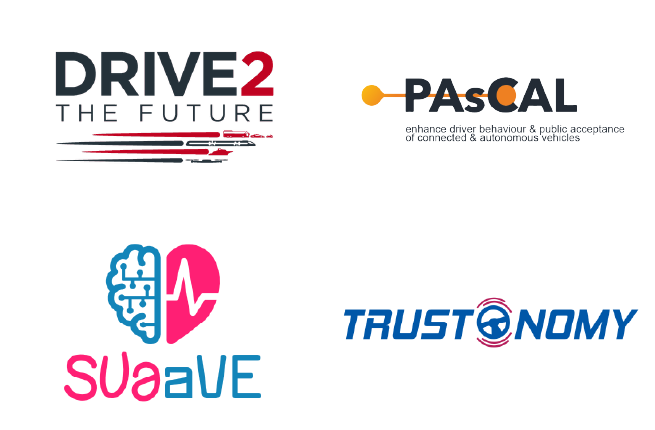 March 2020
March 2020PAsCAL at the first Drive2The Future workshop
EventPAsCAL Coordinator Luc Vandenabeele (LIST) will be among the speakers of the 1st Drive2theFuture Workshop, taking place in Brussels on the 6th of March.
The workshop will discuss the synergies among the four projects funded under the MG 3-3 Call: “Driver behavior and acceptance of connected, cooperative and automated transport”: Drive2TheFuture, PAsCAL, SUaAVE, Trustonomy.
The workshop will also include two interactive sessions for presenting and discussing Use cases & KPIs prioritization… -
NewsJanuary 2020
Behavioral Analysis in advanced technology
News postAccording to The Economist, in the 1890s, big cities around the world were grappling with growing volumes of horse manure and urine and the rotting bodies of thousands of dead horses and the spread of disease. By comparison, cars seemed clean and hygienic, a key reason why they were adopted so quickly in the 20th century. “Cars replaced something that was in many ways far worse,” says UCLA’s Donald Shoup in the article “But because of bad planning, they had unintended consequences… -
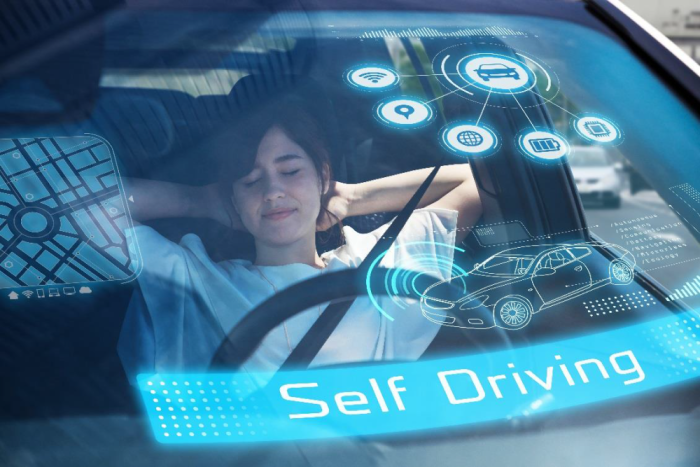 November 2019
November 2019TRIMIS - The reluctance of women to use driverless vehicles
News postConsumer perceptions of driverless vehicle technology have lagged their development. Studies examined how age and gender might affect a consumer’s willingness to ride in driverless vehicles. They found that gender had a strong effect with perceptions and emotions of women such as happiness, fear and anger as key influencers. Designers of driverless vehicles should consider such issues to develop a driverless transport future.
In the last few years, there has been an increase in automated,… -
NewsNovember 2019
RAI 1 - Easy Driver
News postThe mobility infrastructure of the future will have to deal and interact with a new kind of transportation solution on our roads: the connected autonomous vehicle (CAV). What was once considered to be science fiction - a vehicle capable of driving itself, with no need for a human driver at the wheel - is now a reality. At present, the technology is only in the testing phase. However, the impact of its development on everyone's daily travel experience cannot be ignored.
PAsCAL has been… -
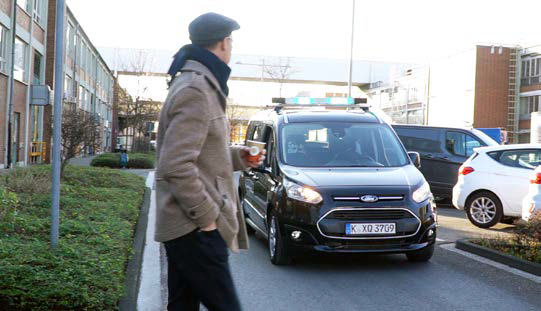 November 2019
November 2019Behavioural analysis for a new “ecosystem”
News postUMA starts its studies to promote “informed” acceptance of autonomous driving and to guide decision-makers’ choices.
The European project PAsCAL is in full swing. As scheduled, accurate analysis is being carried out to understand the actual level of knowledge and acceptance of autonomous driving among European citizens. Indeed, fostering the deployment of autonomous and connected mobility solutions, by ‘attracting’ potential users to new technologies, is among the main goals of the project (… -
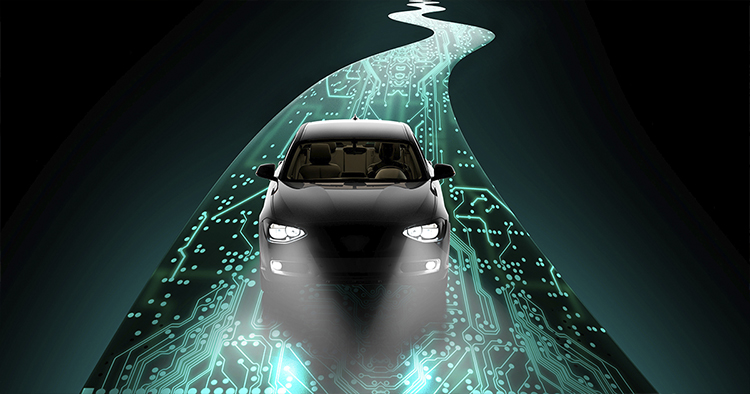 September 2019
September 2019Information is the future of mobility
News postThere are still many questions to be answered regarding driverless cars, starting from public perception, which is currently split between confidence and concern.
Among the many technological revolutions occurred during the last century, some of the most important ones regarded the transport sector. In particular, the last 50-60 years opened new and never imagined opportunities, including space travels. As for the ordinary daily life, the general availability of cars as means of transport has… -
 August 2019
August 2019Towards a world with driverless cars
News postIn the coming years, autonomous, driverless vehicles will take to the roads – a dramatic change, both for passengers of such cars and buses and for other drivers. With support from Luxinnovation, the Luxembourg Institute of Science and Technology (LIST) has set up a Horizon 2020 funded project studying how this mobility of the future will impact individuals, businesses and society.
Read more about it here. -
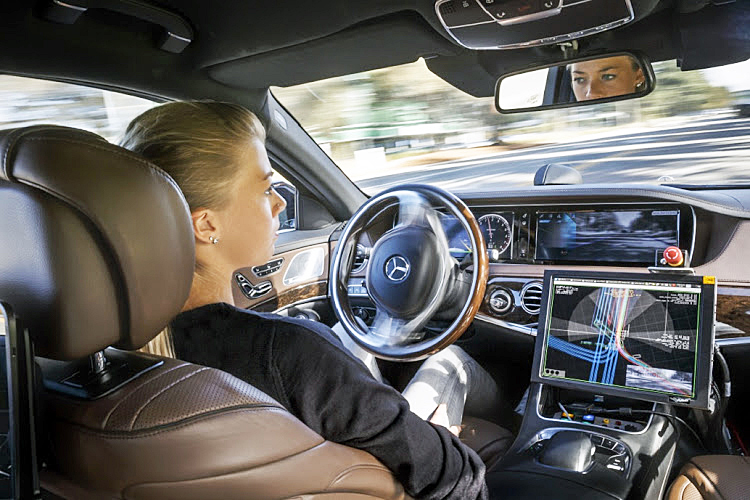 July 2019
July 2019Understanding the change and building the future
News postFunded under the Horizon 2020 Programme, PAsCAL intends to promote the wider use of connected and automated vehicles starting from the anal-ysis of users’ perception
In recent years, there has been a great deal of talk about the so-called "CAVs", Connected and Autonomous Vehicles, not only among experts and in the reference literature, but also among ordinary people and in the media, from mass circulation newspapers to social networks.
Today new models of mobility are increasingly spreading:…